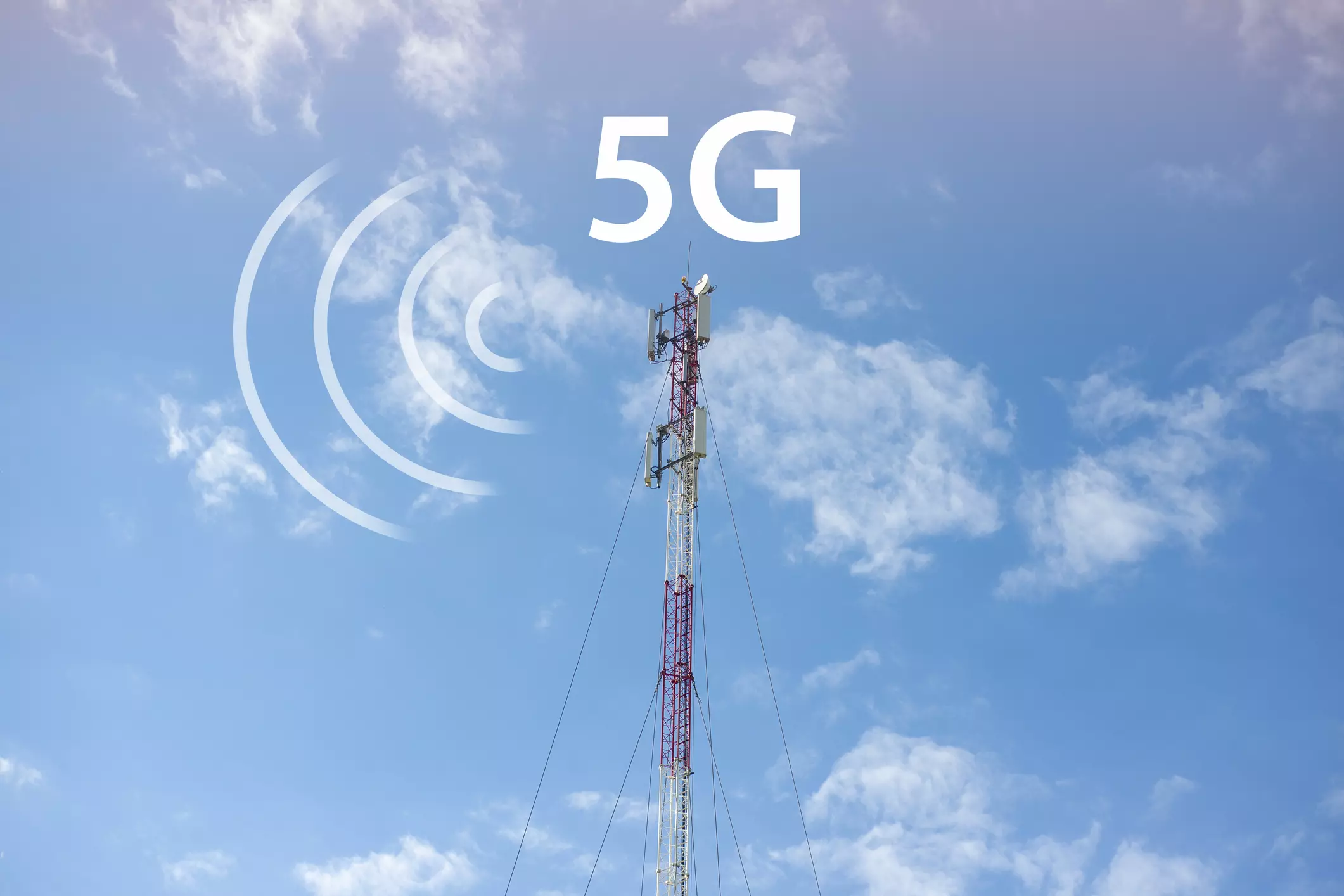
[ad_1]
The COAI, India’s telecom industry representative body, praised the Department of Telecommunications (DoT) for the introduction of “The Indian Telegraph Right of Way (Amendment) Rules, 2023.” The forward-looking move aims to improve the 5G ecosystem and digital connectivity for all citizens.
These amendments build upon earlier changes made in 2017, 2021, and 2022 to facilitate the rollout of robust telecom infrastructure in the country. They are part of the many steps the government has taken to improve the ease of doing business in the industry and will help support the industry in enhancing and maintaining networks more quickly.
“We welcome the move by DoT to introduce the new amended RoW rules which is a positive step forward for the industry and will contribute to the faster deployment of 5G services in the country,” said Lt. Gen. Dr. SP Kochhar, Director General, COAI.
What are The Indian Telegraph Right of Way (Amendment) Rules amendments
The latest amendment allows licensees to temporarily set up telegraph infrastructure above ground when their existing underground infrastructure is damaged. This helps restore telegraph services quickly and prevents significant disruptions in service to users. The government has also directed that the appropriate authority charge no fees for this temporary setup.
The amendment provides clarity in regulations by defining Street Furniture as posts or poles used for electricity, streetlights, traffic lights, traffic signs, bus stops, tram stops, taxi stands, public lavatories, memorials, public sculptures, utility poles, or any similar structure or contrivance established by an appropriate authority on their property to aid in faster rollouts and efficient network deployments.
Under the new amendment, licensees can submit a single application for multiple small cell sites. Central authorities can now deploy small cells on their buildings without administrative fees, except for power and fixture charges.
These forthcoming changes will provide significant advantages to the telecom industry and the digital connectivity provision for the nation. It will enable rapid network reinstatement in the event of underground telecom infrastructure damage, expedite 5G rollout by utilising the state’s existing infrastructure, simplify application procedures for multiple small cell sites, and allocate Central government areas for small cell deployment at no cost. We believe these measures will collectively enhance ease of doing business within the sector, while aiding in expansive network deployments for ubiquitous connectivity across the country,” Lt. Gen. Dr. Kochhar further added.
These amendments build upon earlier changes made in 2017, 2021, and 2022 to facilitate the rollout of robust telecom infrastructure in the country. They are part of the many steps the government has taken to improve the ease of doing business in the industry and will help support the industry in enhancing and maintaining networks more quickly.
“We welcome the move by DoT to introduce the new amended RoW rules which is a positive step forward for the industry and will contribute to the faster deployment of 5G services in the country,” said Lt. Gen. Dr. SP Kochhar, Director General, COAI.
What are The Indian Telegraph Right of Way (Amendment) Rules amendments
The latest amendment allows licensees to temporarily set up telegraph infrastructure above ground when their existing underground infrastructure is damaged. This helps restore telegraph services quickly and prevents significant disruptions in service to users. The government has also directed that the appropriate authority charge no fees for this temporary setup.
The amendment provides clarity in regulations by defining Street Furniture as posts or poles used for electricity, streetlights, traffic lights, traffic signs, bus stops, tram stops, taxi stands, public lavatories, memorials, public sculptures, utility poles, or any similar structure or contrivance established by an appropriate authority on their property to aid in faster rollouts and efficient network deployments.
Under the new amendment, licensees can submit a single application for multiple small cell sites. Central authorities can now deploy small cells on their buildings without administrative fees, except for power and fixture charges.
These forthcoming changes will provide significant advantages to the telecom industry and the digital connectivity provision for the nation. It will enable rapid network reinstatement in the event of underground telecom infrastructure damage, expedite 5G rollout by utilising the state’s existing infrastructure, simplify application procedures for multiple small cell sites, and allocate Central government areas for small cell deployment at no cost. We believe these measures will collectively enhance ease of doing business within the sector, while aiding in expansive network deployments for ubiquitous connectivity across the country,” Lt. Gen. Dr. Kochhar further added.
[ad_2]
Source link
